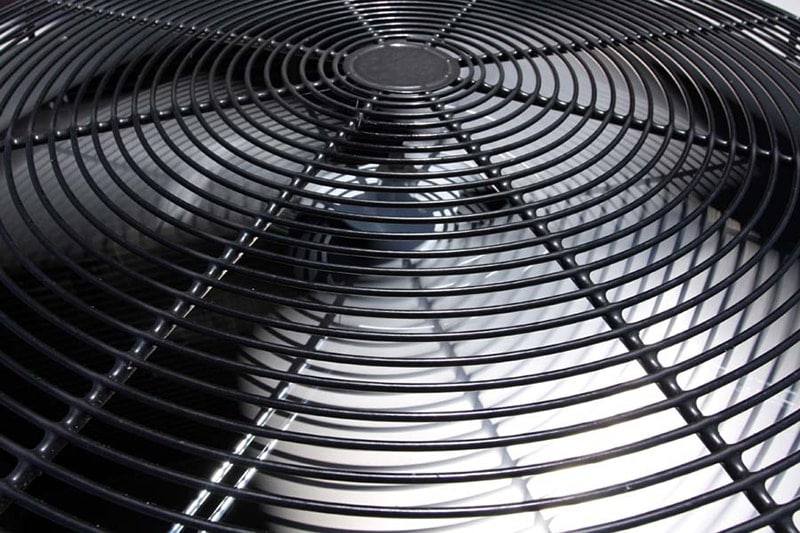How to Properly Size an AC System

In the heat of the summer, it’s easy to assume that bigger is better when it comes to air conditioning (AC) systems. Obviously, if you have an air conditioner that’s too small in your Annapolis home, you will not be able to keep your temperatures consistently low even if the unit is running constantly.
However, if your air conditioner is too large for your home, it will quickly cool down the space and shut off. Once the temperature rises, it will kick back on again. This constant on and off cycling, referred to as short cycling, uses a great deal of energy and wears down your air conditioning system more quickly.
Air conditioner loads must be calculated carefully, so you can match the unit to your cooling needs. Our professionals at Ground Loop Heating and Air Conditioning, Inc. would be happy to help you select the best-sized air conditioner for your particular Maryland home. In the meantime, here is a peak into how our trained experts calculate air conditioning needs.
Definition of Terms
In order to understand how to size an air conditioning unit, you have to know a little bit about how capacity is measured. Air conditioning systems are measured by tons, which specifies how much a particular unit can cool. For example, a one ton air conditioner can generate 12,000 BTUs.
A BTU is a British Thermal Unit, and one BTU is the energy needed to cool one pound of water by 1 degree Fahrenheit every hour.
Air Conditioner Sizes
The smallest air conditioner is 1.5 tons or 18,000 BTUs and they can increase in size up to 5 tons or 60,000 BTUs by increments of one-half ton or 6,000 BTUs.
For a rough calculation to select an air conditioner for your home, you can take your total square footage, multiply it by 25, divide it by 12,000, and subtract .5.
Of course, our Ground Loop Heating and Air Conditioning, Inc. heating, ventilation, and air conditioning (HVAC) professionals use the complex Manual J load calculation to properly size HVAC systems. This rough calculation cited here will only provide a ballpark figure that should never be used to purchase a system on its own. There are other important elements that factor in to the calculations.
Other Important Factors
Before ordering that new air conditioner based on the simple math equation, you need to realize there are many other factors that should be considered before making a final decision:
• Ceiling height. Not all homes have standard ceiling heights. If you have a vaulted ceiling, loft area, or open floor plan, you may need to calculate the volume of your home, not only the square footage. High ceilings will require a larger air conditioner.
• House style. Two homes that have the same square footage may require different-sized air conditioning systems. A single-story sprawling ranch home requires more cooling power than a three-story townhouse.
• Local climate. If your home is located in a hot, humid location, you will need a different-sized air conditioner than if you live in a milder, dry climate. Temperature and humidity play a significant role in how much cooling and dehumidifying you will need your air conditioner to do.
• Size, type, and number of windows. Windows tend to leak energy out of your home more easily than solid walls. You must take into consideration the size and number of windows as well as how well they are sealed and their energy ratings.
• Insulation. In a similar way, a better insulated home requires less cooling energy than a poorly insulated one. If you are building or doing a major remodel, it may be a good decision to increase insulation before selecting your new air conditioning system.
• Other factors. Even considerations like the existing ductwork, type of window coverings, and number of residents and how often they are home can affect the load requirements of your air conditioner.
We Will Help With Your Air Conditioning
Call our professional team at Ground Loop Heating and Air Conditioning, Inc. in Annapolis, MD, to help you make the right choice in selecting your air conditioning system. Call (410) 836-1706 or request service online today.
Need HVAC Service?
Contact the experts at Ground Loop Heating and Air Conditioning.
Call us at 410-836-1706!
